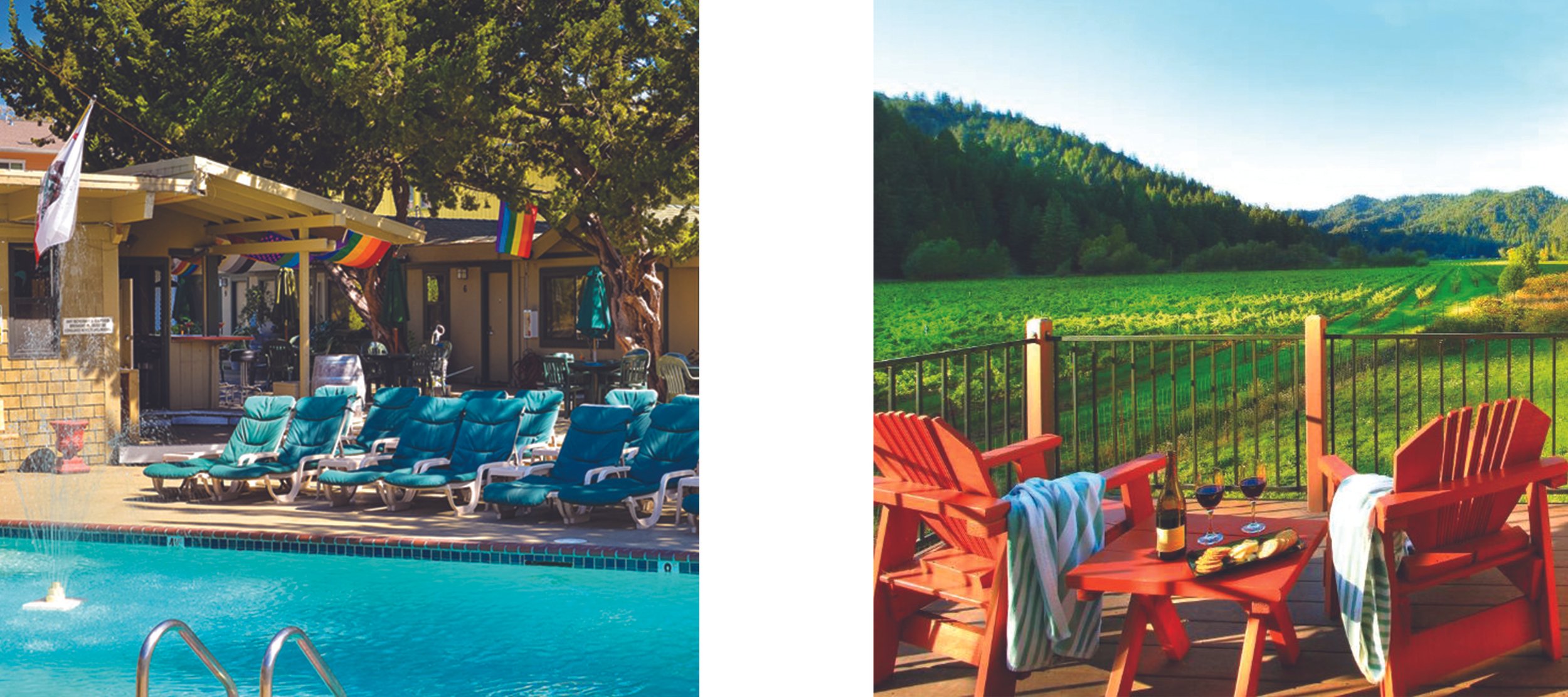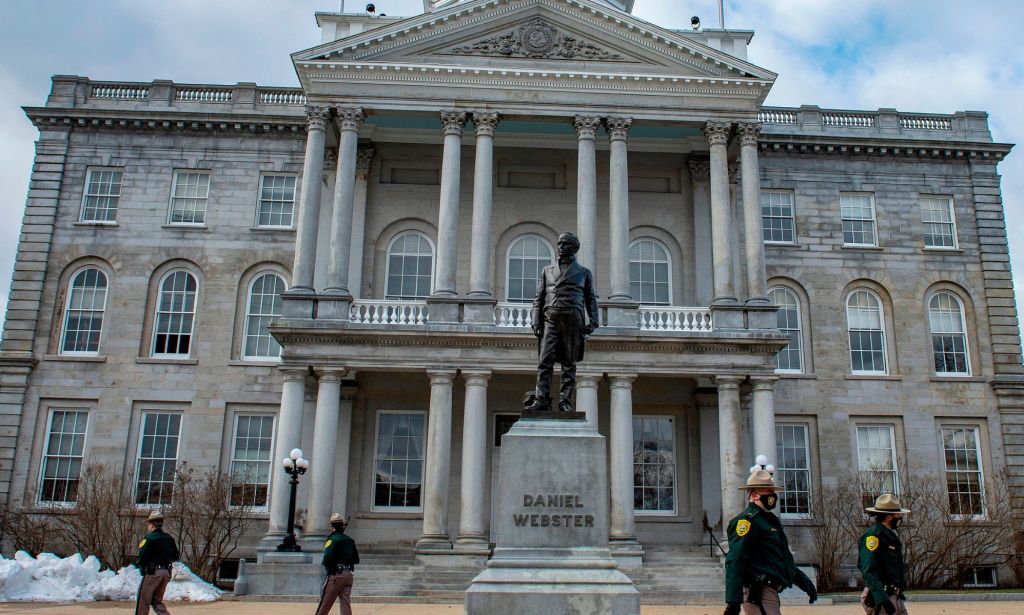How did the Biden administration just make health care fairer for LGBTQ+ people?
The Biden-Harris administration announced Friday that it had finalized an essential update to Section 1557 of the Affordable Care Act, significantly strengthening protections against discrimination in health care, especially for the LGBTQ+ community. This pivotal rule change reverses prior rollbacks under the Trump administration and establishes a new benchmark for inclusivity in health care access. Advocacy groups have praised the move.
What is Section 1557?
Section 1557 of the ACA is a critical nondiscrimination statute prohibiting discrimination based on race, color, national origin, sex, age, or disability in health programs or activities. It plays a vital role in ensuring equity within the U.S. health care system. The definition of “sex” under this section has been subject to changes in interpretation, expanding and contracting under various administrations.
What did the Trump-era rules change?
The Trump administration’s 2020 amendments redefined “sex discrimination” to exclude gender identity and sexual orientation, effectively removing explicit protections for transgender and nonbinary people under federal law. This interpretation allowed health care providers and insurers to legally deny services based on an individual’s gender identity, significantly impeding access to necessary medical care for the LGBTQ+ community.
What is the rule change?
The Biden administration’s update to Section 1557 restores and expands protections that had been rescinded. It reaffirms that discrimination “on the basis of sex” includes sexual orientation and gender identity. This change not only counters previous setbacks but also explicitly incorporates protections against discrimination based on sex characteristics and sex stereotyping, crucial for intersex and transgender individuals, respectively.
The rule also strengthens protections for people with disabilities and those with limited English proficiency, ensuring more inclusive health care access. It requires all health programs and activities that receive federal funding and health insurers to comply with these nondiscrimination requirements.
How does the rule affect LGBTQ+ people, especially transgender people?
This rule change is a significant advancement for the LGBTQ+ community, particularly transgender patients, who often encounter discrimination in health care settings — from denial of routine care to refusals of critical gender-affirming treatments such as hormone therapies or surgeries. The updated rule prohibits such discrimination under federal law, guaranteeing access to health care without fear of rejection due to gender identity.
Moreover, the rule mandates that services and coverage are provided nondiscriminatorily, including specific stipulations that insurance policies do not exclude care related to gender transition, addressing a prevalent barrier for transgender individuals in accessing necessary treatments.
What are advocacy groups and lawmakers saying?
Responses from LGBTQ+ advocacy groups have been overwhelmingly positive, recognizing the updated rule as a vital move toward eliminating health care discrimination.
Lambda Legal counsel and health care strategist Omar Gonzalez-Pagan noted the significance of these restored protections.
“The rule released today restores critical regulatory nondiscrimination protections for those who need them most and ensures a legally proper reading of the Affordable Care Act’s healthcare nondiscrimination law,” he said in a statement. “This marks a significant reversal of the harmful, discriminatory policies set by the previous administration.”
Human Rights Campaign President Kelley Robinson praised the update: “Today we mark a crucial step forward by the Biden-Harris administration in the fight for complete health equity for LGBTQ+ Americans. This milestone underscores years of advocacy by HRC and our partners, steadfast in refusing any form of discrimination against LGBTQ+ people.”
GLAAD president and CEO Sarah Kate Ellis commented on the rule’s immediate impact.
“This reversal of Trump-era discriminatory rules that sought to single out Americans based on who they are and make it difficult or impossible for them to access necessary medical care will have a direct, positive impact on the day-to-day lives of millions of people,” Ellis said in a statement. “Health care is a human right that should be accessible to all Americans equally without unfair and discriminatory restrictions. LGBTQ Americans are grateful for this step forward to combat discrimination in health care so no one is barred from lifesaving treatment.”
The rule change marks the 334th action of the Biden-Harris administration in support of LGBTQ+ people, according to GLAAD.
The Congressional Equality Caucus also welcomed the update, with Chair U.S. Rep. Mark Pocan, a Wisconsin Democrat, affirming the rule’s importance.
“All people deserve to access healthcare without fear of discrimination,” Pocan said. “This rule’s explicit nondiscrimination protections for our community will improve health outcomes and ensure countless LGBTQI+ people are not denied care just because of who they are. I thank President Biden and Secretary Becerra for their steadfast commitment to LGBTQI+ health equity and look forward to continuing our work together to improve access to care for all Americans, regardless of their identity.”



